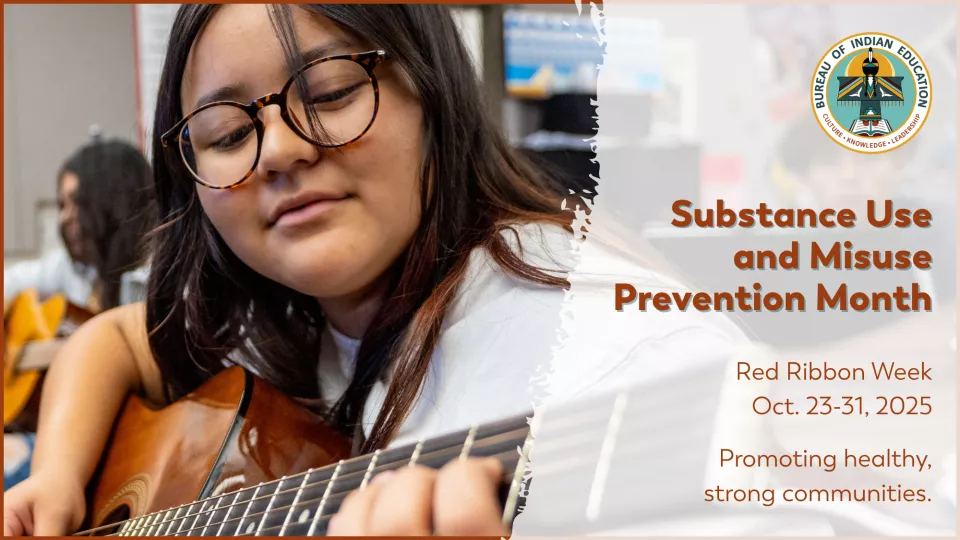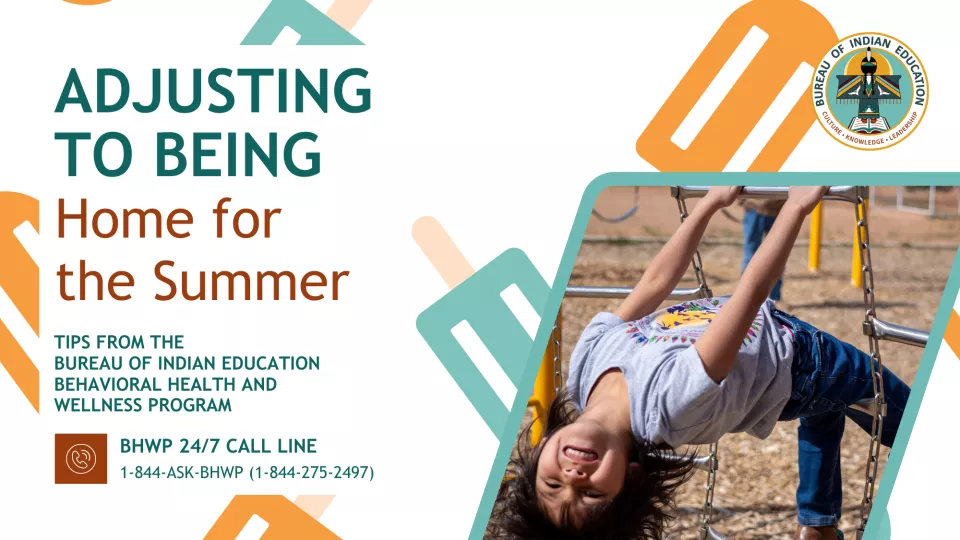
The beginning of the calendar year brings the start of a new semester, and there is no better time to reset study habits than after a long break. The new year is a time full of resolutions, and students and their parents and guardians can implement helpful habits to make the most of study time and improve academic performance.
The counselors at Many Farms High School in Many Farms, Arizona, guide their students daily to establish good habits and apply them to life after high school. Throughout their years as counselors there, Tullus Deschenie and Bobbie Bekay prioritize a few things that make a big difference.
“It comes down to them taking ownership of each course they take and trying to make sure that they're turning in all their assignments and talking with their teachers,” Deschenie said. “I think that’s crucial,” and these tips help the students achieve those goals.
Bekay and Deschenie’s Tips for Academic Success:
- Go to Class: Attendance is essential. Without it, the teacher’s expectations and the information taught are lost.
- Set Specific Goals: Consider the short and long term and figure out how to get there.
- Manage Your Time Wisely: Set aside time daily to study and establish a routine. Do not wait until the last minute until assignments are due to start on them.
- Use a Planner: Write down your due dates, extracurricular activities and other important deadlines. Then, use your planner to pick the best times to study and complete assignments.
- Create a Study Environment: Find a quiet, well-lit space without distractions, including cell phones and social media. The right environment increases your ability to retain information.
- Take Breaks: Pause studying for a short break every 30 minutes to an hour. Take the time to stretch, drink a glass of water or take a short walk.
- Get Enough Sleep: Do not stay up all night cramming for an exam or scrolling social media. A good night’s sleep is essential to doing your best.
- Practice Mindfulness and Stress Management: Try deep breathing, meditation, or yoga to manage stress and improve concentration as part of or outside study sessions.
- Communicate with Teachers: Approach them when you need to and discuss assignments, due dates, expectations and problems.
- Ask for Help: Remember, you don’t have to do it alone. Find study partners, talk to teachers about complex topics, and ask parents and guardians for support.
- Discuss Studying with Your Peers: Talk to other students and learn their tips and tricks. If it helps them, it might be worth trying.
- Think Positively: Things will get stressful, but remember, it is temporary. Take time to work on your self-esteem, too.
“This is a learning opportunity, learning these skills right now at the high school level,” Bekay said. “We do let our students know, whether it's in college, whether it's a job, whether it's in the military, you're going to be responsible for your life. You’re going to have to advocate for yourselves.”
For more learning resources, visit the BIE.edu Newsroom.
Contact
Office of Communications
Bureau of Indian Education Central Office
U.S. Department of the Interior
1849 C Street NW, MIB-3610
Washington, DC 20240
Telephone: 202-941-0789
Email: biecommunications@bie.edu





